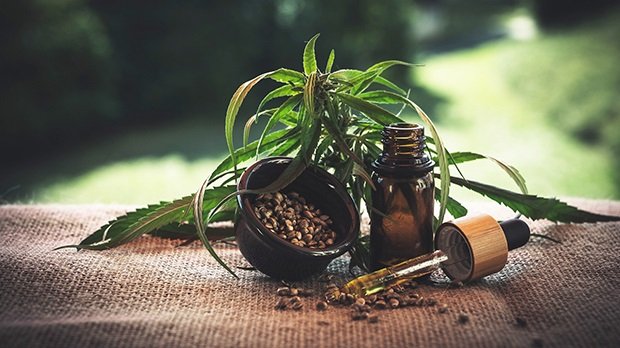It is vital to keep the gallbladder in good health to ensure optimal digestion and general wellness. The gallbladder serves an important function in reserving bile made by the liver and discharging it into the small intestine, where it aids in the breakdown of fats. By following a few simple guidelines, you can support the health of this vital organ and reduce the risk of developing gallstones and other gallbladder-related problems.
Understand the Importance of a Healthy Gallbladder
The gallbladder is a small organ shaped like a pear, situated beneath the liver. Its main role is to hold bile, which is a digestive liquid that assists in breaking down fats in our diet. Upon eating fatty meals, the gallbladder shrinks and discharges bile into the small intestine, contributing to the digestive process.
Maintain a Balanced Diet
One of the most effective ways to keep your gallbladder healthy is to maintain a balanced diet that includes a variety of nutrient-rich foods. Aim to include plenty of fruits and vegetables, whole grains, and lean protein in your meals. These foods are high in fiber, which can help prevent the formation of gallstones by reducing cholesterol levels in the bile.
Additionally, it’s important to limit your intake of fatty and processed foods, as they can contribute to gallbladder problems. An overactive gallbladder can result in the release of too much bile, which can lead to the formation of gallstones.
Stay Hydrated
Proper hydration is fundamental for maintaining a healthy gallbladder. Staying hydrated helps to keep the bile in the gallbladder fluid, which can prevent the formation of gallstones. Aim to drink at least eight cups of water a day, and more if you are physically active or live in a hot climate.
Exercise Regularly
Engaging in regular physical activity plays a vital role in preserving the health of your gallbladder. Exercise can lower cholesterol levels and ward off obesity, two factors that can contribute to complications with this organ. Strive to incorporate at least 30 minutes of exercise at a moderate intensity into your routine on most days. This could include activities like brisk walking, swimming, or cycling, all of which are excellent options for supporting gallbladder health.
Maintain a Healthy Weight
Maintaining a healthy weight is crucial for gallbladder health. Being overweight or obese increases the risk of developing gallstones and other gallbladder problems. If you are overweight, aim to lose weight gradually through a combination of healthy eating and regular exercise. Rapid weight loss can increase the risk of gallstones, so it’s important to lose weight at a steady and sustainable pace.
Avoid Rapid Weight Loss
Losing weight too quickly can heighten the risk of developing gallstones. This is because rapid weight loss causes the liver to release surplus cholesterol into the bile, which can subsequently lead to gallstone formation.
If you’re in the process of losing weight, it is advisable to do so at a gradual pace, aiming for a loss of one to two pounds per week. This measured approach not only helps to minimize the risk of gallstones but also increases the likelihood of maintaining long-term weight loss success.
Limit Alcohol and Avoid Smoking
Alcohol and smoking can both have negative effects on gallbladder health. Drinking alcohol in moderation, if at all, and avoiding smoking can help support the health of this important organ.
In conclusion, maintaining gallbladder health is important for proper digestion and overall well-being. By following a balanced diet, staying hydrated, exercising regularly, maintaining a healthy weight, avoiding rapid weight loss, and limiting alcohol and smoking, you can support the health of your gallbladder and reduce the risk of developing gallstones and other gallbladder-related problems.





